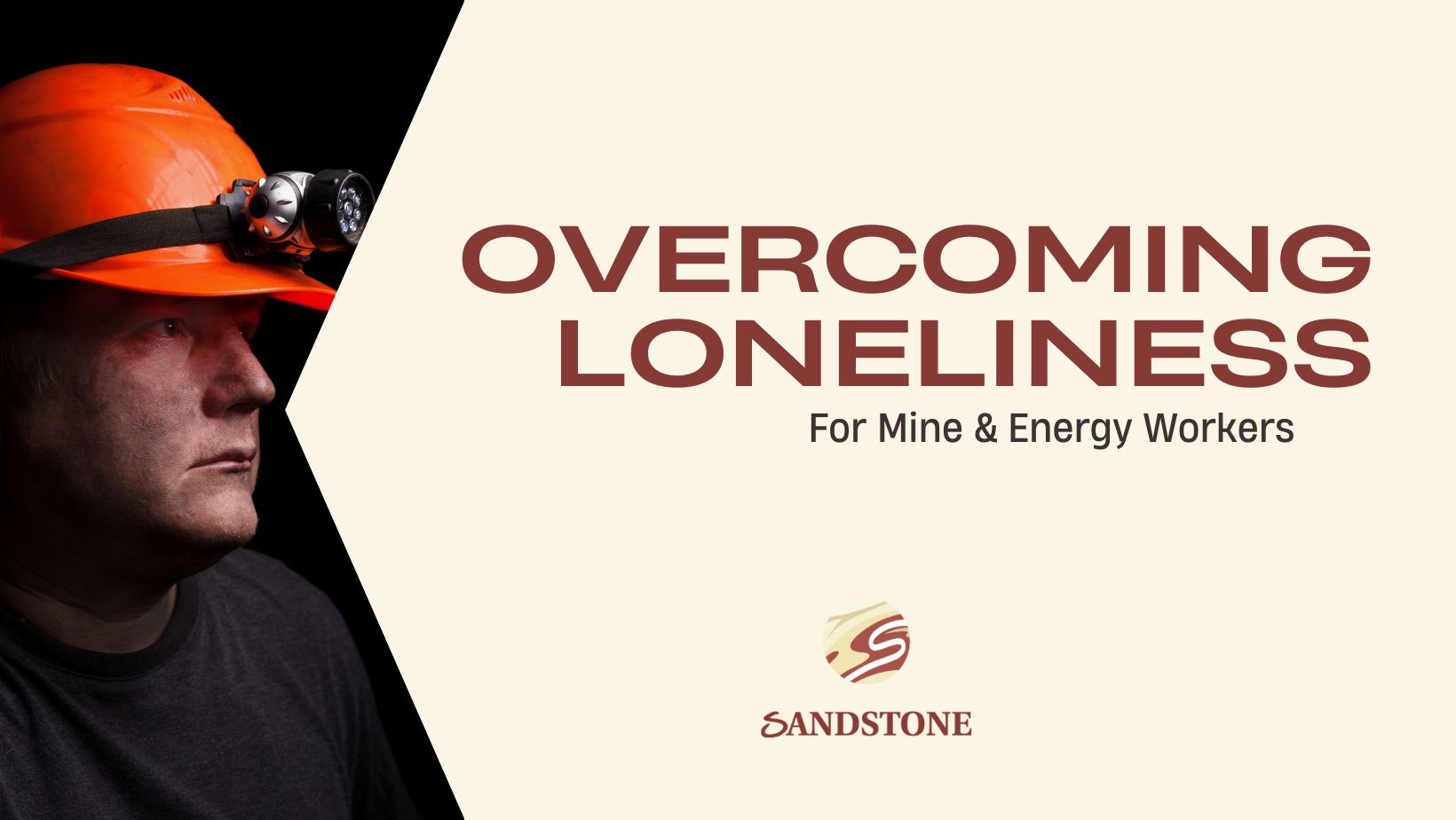Wellness & Mental Health
Self-help forTips Fly-in Fly-energy workers
Work-related stress: The energy and mining sectors can involve physically demanding and high-pressure work conditions, which can contribute to stress and anxiety among workers.
Isolation and remote work: Many energy and mine workers are employed in remote locations or on rotational schedules, leading to feelings of isolation and loneliness, which can impact mental well-being.
Safety concerns: Workers in these industries often face safety risks and hazards, which can lead to heightened anxiety and fear for their well-being.
Substance abuse: Workers in high-stress industries may turn to substance abuse as a coping mechanism, leading to addiction and exacerbating mental health issues.
Post-Traumatic Stress Disorder (PTSD): Workers who experience or witness traumatic events, such as accidents or injuries at the worksite, may be at risk of developing PTSD.
Lack of mental health support: Access to mental health resources might be limited in remote work sites, making it difficult for workers to seek help when needed.
Depression and burnout: Long working hours, challenging conditions, and the pressure to meet production targets can contribute to feelings of depression and burnout.
Shift work and disrupted sleep patterns: Irregular work hours and shift work can disrupt natural sleep patterns, leading to sleep-related issues and increased vulnerability to mental health problems.
Energy & Mine Workers Can Face Multiple Mental Health Challenges
Canada’s energy sector is employing hundreds of thousands of individuals. Fly-in Fly Out (FIFO) work has an impact on workers mental health.
Remote Camp, Energy and Mine Workers in Canada are working in high-risk industries like mining and energy extraction and can face unique mental health challenges due to the nature of their work environment and job demands.
A recent Research Conducted by the University of Alberta and CISM for Communities is available for more information on the topic. Read More
From the given information, distance and time away from home/family are the most stressful aspects of FIFO (fly-in fly-out) conditions for workers in the energy sector. 87% of participants in a study reported some (43%) or a lot (44%) of stress related to the distance. Establishing and maintaining relationships with family, feelings of loneliness, and the inability to be present for family events or emergencies are significant stressors for FIFO workers.
Camp living is another significant stressor, with 77% of participants reporting some (46%) or a lot (31%) of stress stemming from camp living conditions. Isolation, a feeling of “entrapment,” poor morale, limited or unhealthy food options, and difficulty maintaining healthy habits were reported as key stressors in camp.
Two-thirds (69%) of workers reported stress related to travel/commuting, citing unpredictable conditions, long and tiring journeys, and associated costs as contributors. Travel was reportedly more stressful for workers living outside of Alberta, on night shifts, and on shorter rotational schedules (1-3 days off).
Despite the challenges, two-thirds (66%) of respondents felt they were able to balance the demands of work and personal life. However, this balance was lower among those with longer work experience in the oil sands, those with short rotational schedules, and supervisors. Workers on short-off rotations and supervisors reported being in contact with family and friends less frequently while in camp.
Transitioning between work and home was identified as an important aspect of FIFO work-life balance and well-being. Participants who found it difficult to transition home cited fatigue and role transition as key challenges. Similarly, about one-third of participants found the transition back to work to be difficult, which was more common among those in more unpredictable circumstances, such as working on and off and at multiple sites.
The effects of specific events, such as the COVID-19 pandemic and the economic downturn, were also mentioned by interviewees. Workers reported disrupted travel, prolonged stays, variable compliance with safety protocols in camps, concerns about high contact among mobile workers, and fears of further layoffs. Three-quarters of survey participants indicated being affected by layoffs, intensified demands, and constant uncertainty.
Overall, this summary highlights the significant stressors experienced by FIFO workers in the energy sector, including distance from home/family, camp living conditions, travel/commuting, work-life balance, and the impact of external events on mental well-being.



